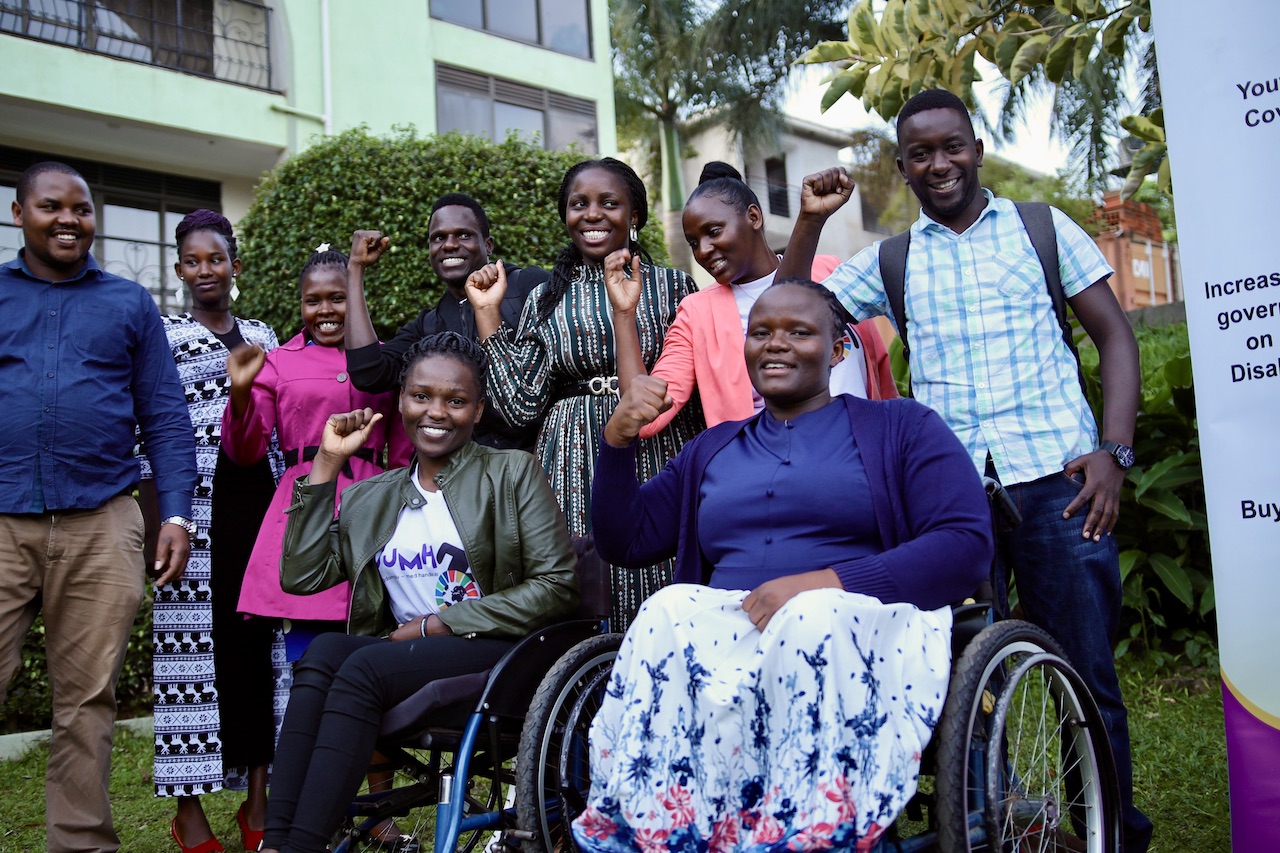Implementation should be understood as the actual fulfillment of concrete measures, which have an impact on people’s lives. As the CRPD approaches the 20th anniversary of its adoption, and has reached nearly universal membership, States need to re-commit to the Convention’s implementation.
In order to further support national efforts to implement the Convention, a clearer link could be established between the concluding observations and recommendations made to States by the Committee on the Rights of Persons with Disabilities and the Special Rapporteur on the Rights of Persons with Disabilities, and opportunities for international cooperation and capacity building to support the follow-up and implementation of those recommendations. For this purpose, the dialogue between States and the Committee could be improved. The United Nations System could also assist countries through its country offices, focusing on outcomes and engagement with local OPDs for effective implementation.
The Universal Periodic Review Mechanism (UPR) of the UN Human Rights Council (HRC) could also be utilized by actively including OPDs in the pre-UPR meetings and more systematically addressing disability rights in the context of States’ reviews, including by formulating pertinent recommendations on the matter and pursuing their implementation. States could also share knowledge and best practices on disability in the context of the review. International cooperation and UN country teams could also play a supporting role in engaging local OPDs in implementing UPR recommendations.
Implementation at community level is crucial. Communities constitute the most immediate context in the everyday lives of persons with disabilities and therefore they must be fully inclusive so that persons with disabilities have equal opportunities to participate in political decision-making and equal access to education, employment, health and rehabilitation services, social security and social protection, culture, sports and other key services and/or areas in which they wish to participate. Governments, in cooperation with the UNS should ensure that disability rights are fully realized at the community level with support available for the creation and development of OPDs, including those representing the most marginalized groups. Collaboration with grassroots OPDs is a valuable and indispensable tool to achieve this goal, as they have first-hand knowledge and experience of the realities on the ground.
